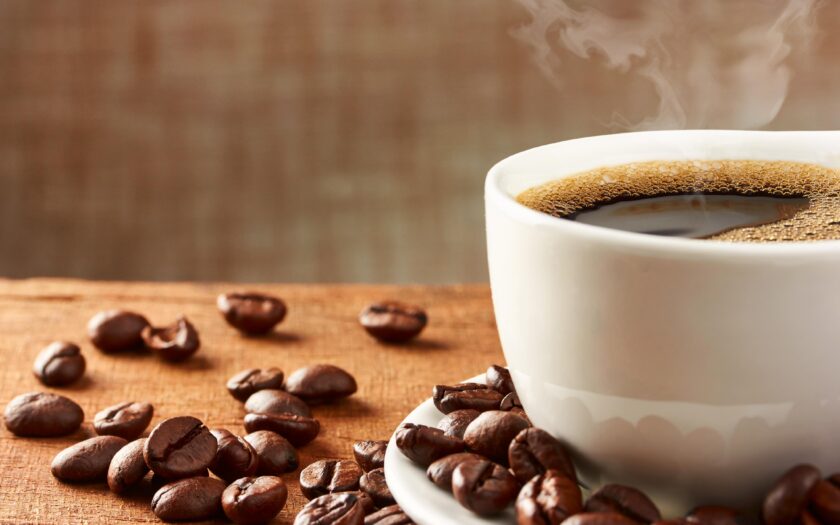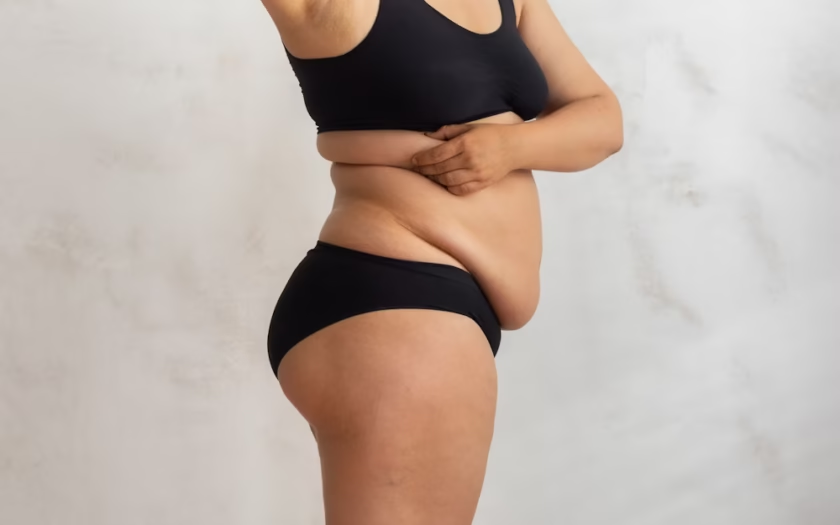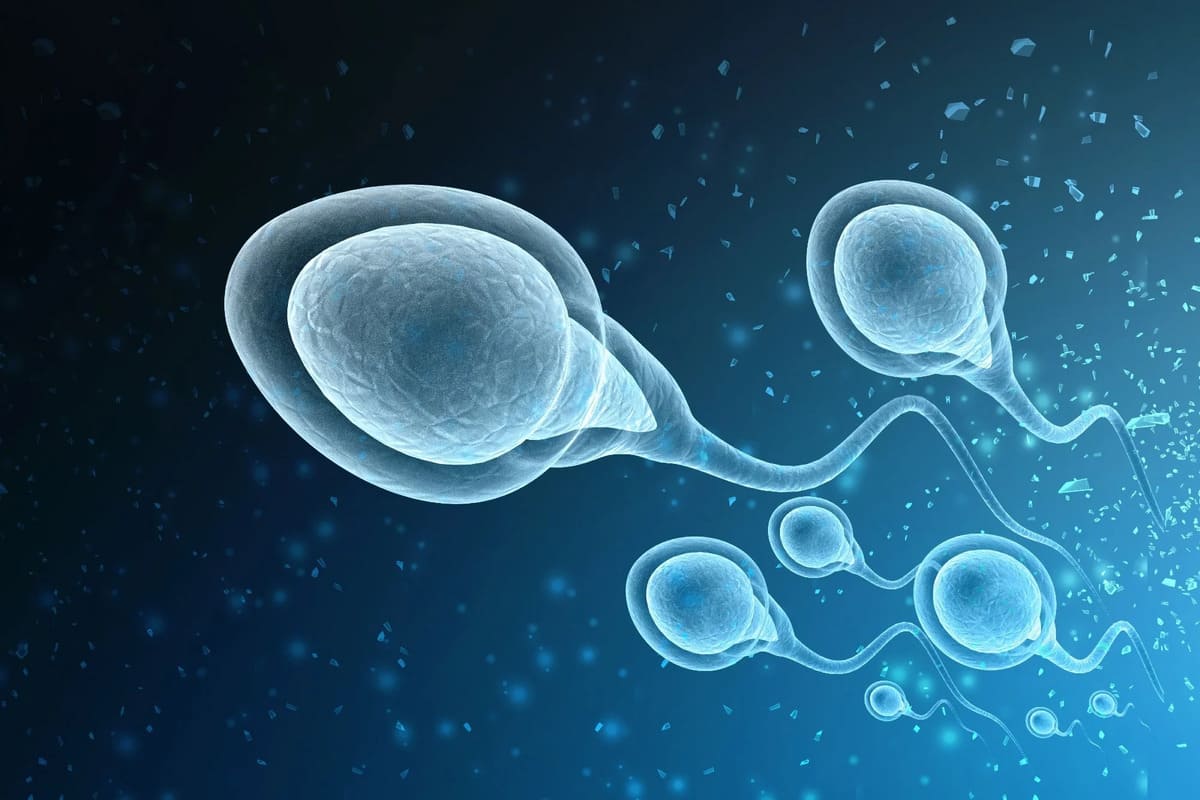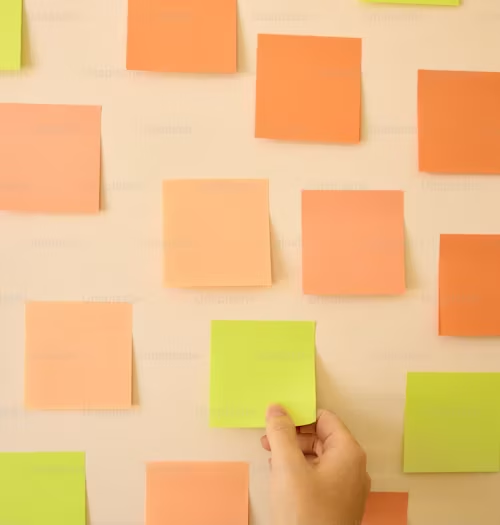What Is Caffeine?
Caffeine is a natural stimulant found in various foods and drinks like coffee, tea, chocolate, and more.
How Does Caffeine Affect People?
Caffeine is classified as a drug because it stimulates the central nervous system. It can make people feel more alert and energetic, and it affects both kids and adults similarly.
However, it’s wise to minimize caffeine consumption, especially in younger children, because too much can lead to:
- Jitters and nervousness
- Upset stomach
- Headaches
- Problems with concentration
- Trouble sleeping
- Faster heart rate
- Higher blood pressure
Even small amounts of caffeine can cause these effects in young children.
What Other Problems Can Happen?
Other reasons to limit kids’ caffeine consumption include:
- Empty Calories: Caffeinated drinks often contain empty calories without essential vitamins and minerals. For example, they lack calcium, which kids need for strong bones and teeth. Excessive sweetened drinks can also lead to weight gain.
- Withdrawal Symptoms: Stopping caffeine abruptly can cause headaches, low energy, and irritability, especially in heavy consumers.
- Health Risks: Caffeine can exacerbate heart problems or anxiety. Some kids might not be aware they’re at risk.
- Unhealthy Behaviors:Heavy caffeine use is linked to other unhealthy behaviors, such as tobacco and alcohol abuse.
What Is Caffeine Sensitivity?
Caffeine sensitivity refers to the amount of caffeine that causes an effect in someone. This sensitivity is mostly related to daily caffeine intake, and smaller individuals, like children, need less caffeine to experience side effects. Kids are more sensitive to caffeine than adults.
Regular caffeine consumers become less sensitive over time, needing more to achieve the same effects. The effects of caffeine can last up to 6 hours.
What Foods and Drinks Have Caffeine?
Caffeine is naturally found in many plants and is also added artificially to some foods. Kids typically get most of their caffeine from sodas. Here’s how some common sources of caffeine compare:
*average amount of caffeine
Sources: U.S. Food and Drug Administration and the National Soft Drink Association
How Can We Cut Back On Caffeine?
You can keep kids caffeine-free by eliminating soda, iced tea, energy drinks, and coffee drinks. Instead, offer water, milk, or flavored seltzer. Decaffeinated soda or tea can be occasional treats. Check ingredient lists on foods and beverages to watch for hidden caffeine.
If your child consumes a lot of caffeine, reduce their intake slowly to avoid withdrawal symptoms like headaches, trouble concentrating, tiredness, irritability, or depression.



